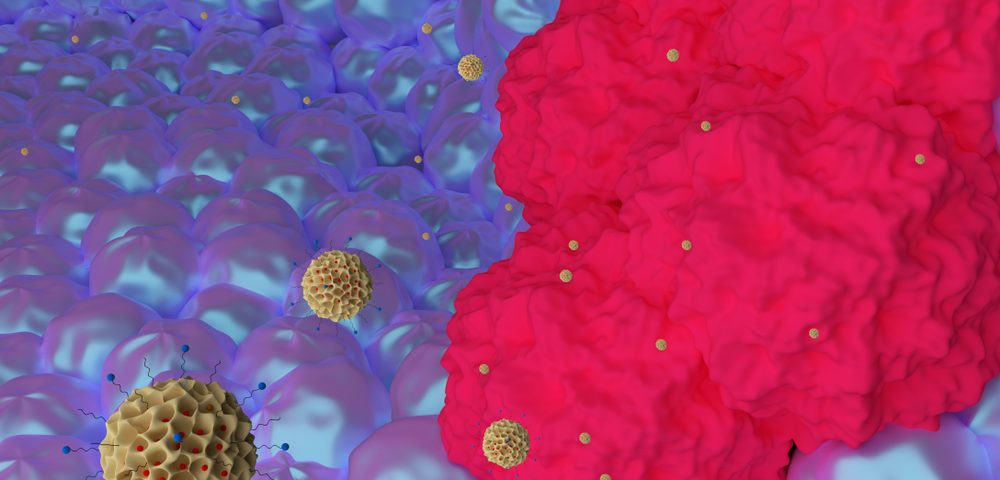NanoString launched a new research panel to allow for a more rapid and complete view of breast cancer and its associated immune response. The new Breast Cancer 360 (BC 360) panel will enable researchers to measure variables related to tumor progression and treatment response, the company says.
“Breast cancer is a complex disease with many distinct subtypes, each having its own unique biology,” Alessandra Cesano, chief medical officer of NanoString, said in a press release.
“While cancer research and drug development have historically focused on understanding the biology of the tumor itself, the field is moving toward a more holistic approach that goes beyond the tumor to examine the role that the tumor microenvironment and host immune response play,” Cesano said.
The BC 360 Panel is part of NanoString’s portfolio of cancer research panels for translational research, which includes the PanCancer Immuno-Oncology (IO) 360 Panel.
“We created the Breast Cancer 360 Panel to anticipate the needs of translational researchers in their quest to understand the implications of heterogeneity in breast cancer for drug development and patient management,” Cesano added.
The nCounter BC 360 Panel and data analysis provide genetic expression information about the tumor and its cellular environment, as well as about immune responses. It includes PAM50, Tumor Inflammation Signature (TIS), and other validated signatures to analyze genes involved in cell and blood vessel growth, cell toxicity and death, and pro-inflammatory molecules.
Specifically, PAM50 allows for the analysis of breast cancer subtyping, detailed cellular mechanisms, deficient DNA repair, inhibitory immune responses, and amount of immune cells. Besides this detailed look at tumor biology, the BC 360 Panel also offers final data in 24 hours, with fewer than 30 minutes of hands-on time.
The PanCancer IO360 Gene Expression Panel contains 770 genes and aims to help researchers study mechanisms used by the tumor to evade immune attack and spot possible therapeutic pathways.
It incorporates TIS, an 18-gene signature that measures whether a tumor is inflamed (hot) or non-inflamed (cold) to better predict response to cancer immunotherapies.
NanoString recently hosted a presentation on its 360 series panels at the 2018 meeting of the American Association of Cancer Research (AACR), currently underway in Chicago. The program featured Karen Leroy, an MD and PhD, from Universite Paris Descartes, and described the scientist’s work with the IO 360 panel.
In 2016, NanoString and the immuno-oncology diagnostics company HalioDx announced an agreement to jointly develop and commercialize gene expression signatures in the nCounter platform.

